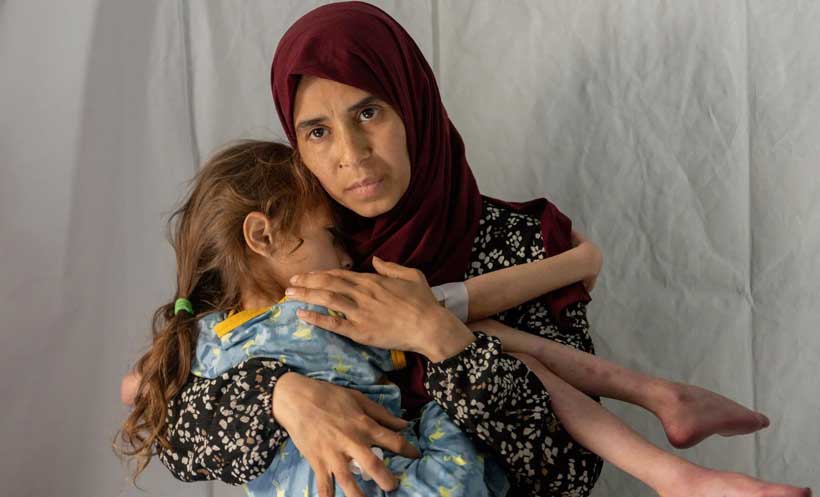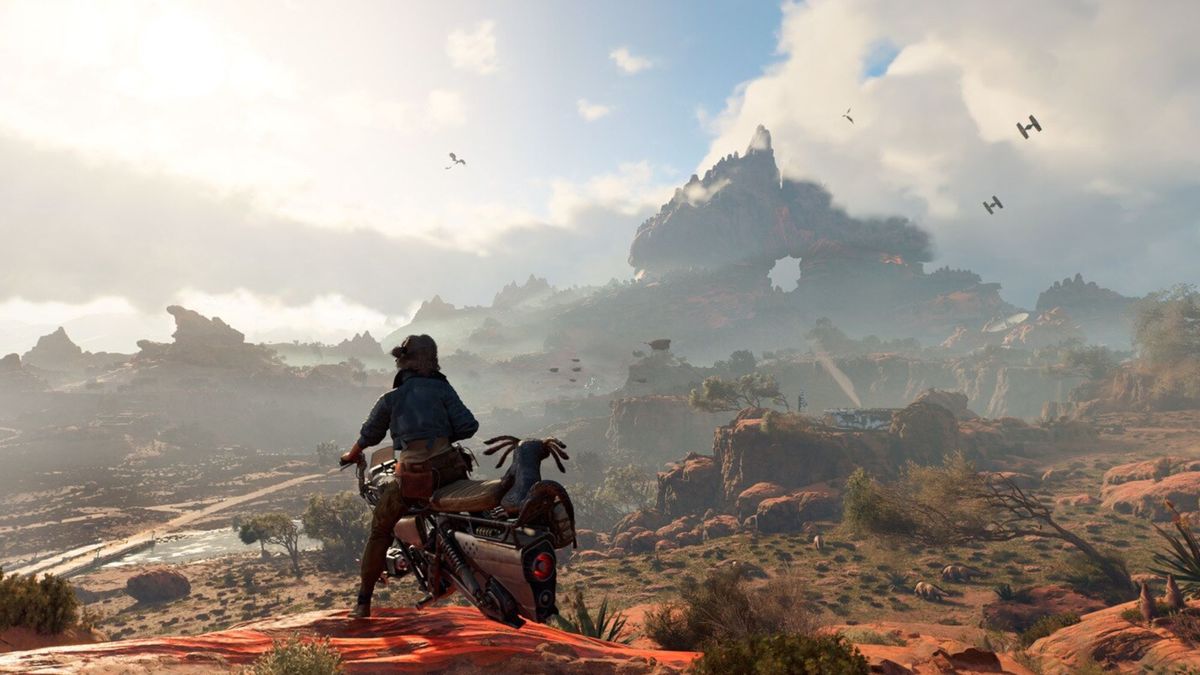The phases and pillars of a solution to the Gaza war

The UN’s appeal was silenced in the wake of the voices of the United States and others. Gaza has become a playground of wanton inhumanity, a theatre of brutal excesses in the midst of a civilised modern world, heavily influenced by Western powers that claim to be firmly committed to justice and human rights but are confused by their abhorrence of racial hatred and ethnic mass murder.
But finally, the unified voice of the UN has become louder and clearer, even if it remains polarized by the conflict between personal and clan interests. Amid this complexity, let me propose the stages and pillars for resolving the armed conflict in Gaza.
Phase One: Rescue Operation
De-occupation
Whether Gaza is considered occupied or disputed territory, it remains a volatile flashpoint that threatens the national security of both Palestine and Israel. Gaza is like a volleyball being tossed back and forth between Israel and Palestine, with Western rulers as spectators. Israel captured Gaza from Egypt in 1967 after the Six-Day War and withdrew its troops in 2005 as a political strategy under the Palestinian Authority. After Hamas seized power in 2006, mutual military attacks occurred, marked by civilian casualties that have unfortunately become the norm in warfare.
De-occupation can promote peace and reconstruction in Gaza. But the nature of this de-occupation is crucial, which leads us to the next pillars.
Demilitarization
Hamas sees itself as an armed resistance, in contrast to the diplomatic approach of the Palestinian Authority, which Hamas no longer considers practical. The armed conflict was Hamas’s raison d’être and the reason for the military retaliation by the Netanyahu government. The situation is being exploited by determined personal and clan interests and is leading to the continuation of the war. War is the Right to exist for the parties involved; a symbiosis is created that facilitates support and ensures the continuation of their respective power bases, existence and calculated relevance.
Demilitarization is the prerequisite for a serious, viable diplomatic solution. It is a prerequisite for the reconstruction of the Gaza Strip and the rehumanization of its population. Therefore, de-occupation requires the withdrawal of armed conflict resources, both internal and external, as well as investments in reconstruction and rehumanization.
However, it is important to note that militarization is the consequence of another factor: radicalization.
Deradicalization
The conflict in Gaza is fuelled by the radicalism of both sides, who see a diplomatic solution as a historic failure without power. Led by politicians deeply committed to personal agendas and supported by their respective radical groups, the conflict becomes an obsession aimed at ultimate annihilation, leading to mutual destruction through sustained warfare.
Few are more determined to wipe out perceived enemies than political-religious radicals. For them, extermination becomes a divine homage. Consequently, an armed conflict fueled by empowered political-religious radicals remains indifferent to human suffering and death, no matter how great its scale. Therefore, the liberation of Gaza requires the withdrawal of radical Israelis and Palestinians alike.
Ending the war in Gaza requires not only an analytical understanding of religious-political radicalism, but also the empowerment of leaders by their radical support groups to sustain the war. This is no easy task, considering that Western peacekeeping powers may themselves be entrenched in their respective religious-political ideologies while simultaneously pursuing their political, commercial and military interests.
What is needed, therefore, is a truly neutral mediator and a mutually beneficial strategy and plan that ensures the national security of both Israel and Palestine, as well as infrastructural and social reconstruction and socio-economic progress.
Creation of a reconstructive neutral zone
A ceasefire alone cannot guarantee lasting peace in Gaza. The presence of a UN peacekeeping force with civilian engineers and medics, humanitarian workers including educators and psychologists can enable Gaza and its people to transition from war to peace and social reconstruction. It would also facilitate the establishment of a neutral zone of reconstruction to ensure the national security of both Palestine and Israel. When the weapons are laid down and people engage in productive activities, their focus shifts from war to socio-economic progress.
Phase Two: Social Renewal
reconstruction
Similar to the post-war efforts in Japan, which benefited not only Japan but also the world community, a joint international reconstruction project could be implemented in Gaza. This could potentially stabilize both Palestine and Israel and have positive effects throughout the Middle East. An adapted version of the Japanese-American reconstruction model could also prove effective in post-war Ukraine.
Reconstruction, coupled with economic empowerment initiatives and global support, offers war-torn Gaza and vulnerable Israel better prospects for becoming permanently peaceful states focused on social renewal and progress.
Rebuilding the infrastructure of the Gaza Strip is a huge task, but even more difficult is the process of healing the souls of the people of Gaza, which could stretch over several generations.
Rehumanization
Sociocultural transformation through inclusive educational content and strategies can help shape a more inclusive and productive Palestinian and Israeli society. The masses, who are both victims and participants of inhumanity, urgently need a globally supported and holistic societal process to recover from their deep traumas.
The armed conflict has deeply scarred the Palestinian soul and transformed Israel’s once civilized defense complex into an instrument of mass murder and destruction. The suffering endured by the Palestinians is indescribable, and what Israel has become under Netanyahu’s leadership is a disgrace to its history. Both peoples need healing and support to embark on a new path toward humanization.
reformation
Unlike stable and progressive religious hereditary monarchies, Palestine and Israel cannot afford to become entangled in religious-political authoritarianism. Such entanglements would be destructive and bleak for their future. Transparent democracy offers both states a viable and sustainable way forward. The transition from destructive militant leadership to constructive socio-economic governance will facilitate the smooth reform of the region.
Saudi Arabia, the United Arab Emirates and Qatar are striving for economic progress and prosperity for the Middle East. Countries that remain mired in a culture of war and destruction have no place in this vision of development. If they do not embrace this more optimistic national and regional perspective, they can only sink into oblivion and irrelevance.
Closing remarks
The glimmer of hope is shining ever brighter. From the passionate voices of Jewish-American leaders like Bernie Sanders and Chuck Schumer, to the rational and visionary messages of Israeli leaders like Ehud Barak and Benny Gantz, to the diplomatic inclinations of the Palestinian president, to the global chorus calling for peace—and now the seemingly unified call of the UN—we are hearing ever louder and clearer calls for peaceful social change in Gaza, Palestine and Israel.
Under the leadership of sensible and humane leaders committed to positive change, the dream of a peaceful and progressive Middle East need no longer remain a fantasy. Ordinary people simply want to live as valued and respected human beings, as part of a universal human family.
We are all one human species; our survival and future depend not on us destroying each other, but on us building each other up. We may compete with each other in our respective ethnic, technological, scientific and economic achievements, each finding our own niche, but we are all part of one human ecosystem of life and existence.
Destructive armed conflict has no future. Retribution can be achieved through constructive engagement in the Olympics of social progress. The world therefore does not need weak, egocentric and warmongering leaders, but strong, altruistic leaders with socio-economic acumen.



